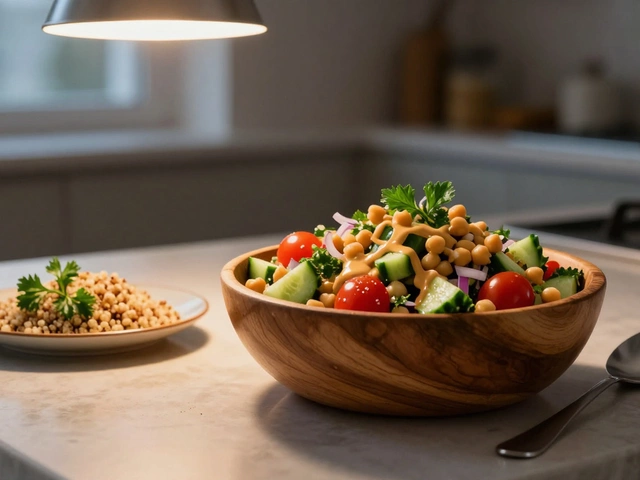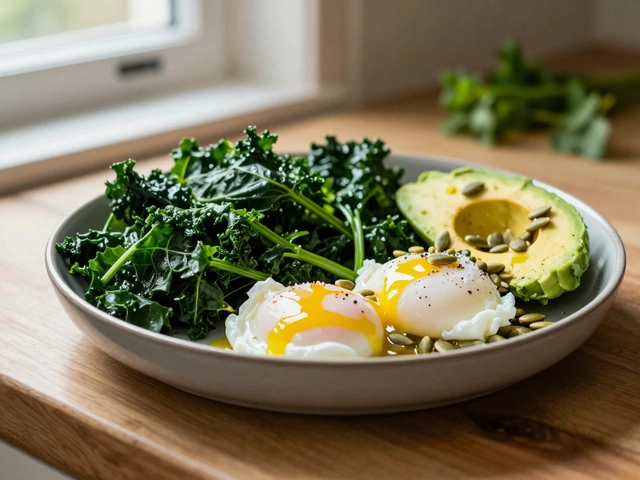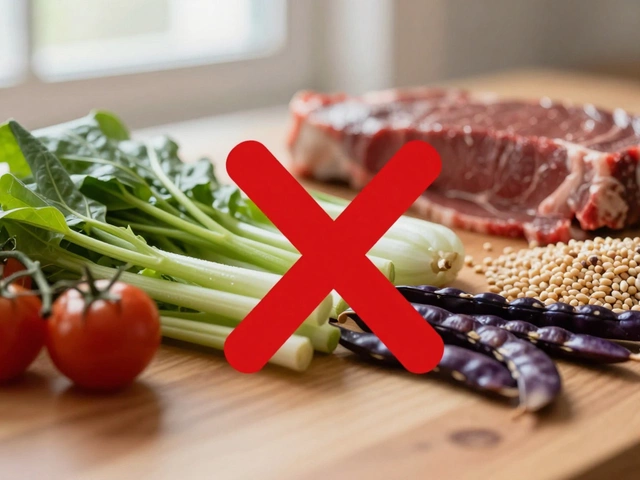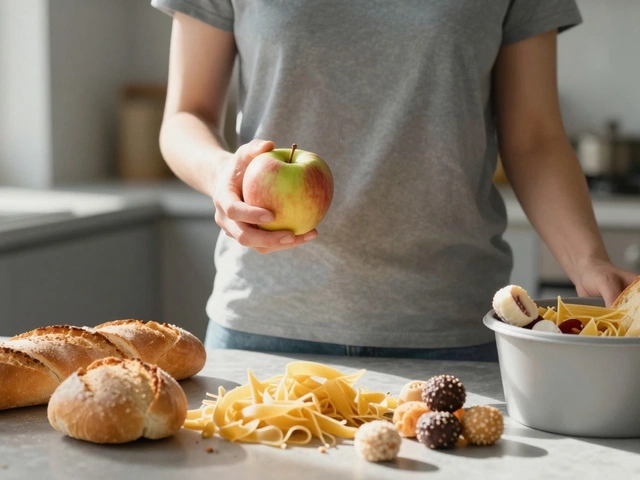Ethical Eating Made Easy: Real Tips for Everyday Meals
Feeling guilty every time you reach for a fast‑food burger? You’re not alone. Lots of us want to eat better for the planet, our wallets, and our bodies, but don’t know where to start. The good news is you can make a big impact with tiny changes—no need to become a full‑time vegan chef overnight.
Why Ethical Eating Matters
When you choose foods that are sourced responsibly, you’re supporting farmers who use less water, emit fewer greenhouse gases, and protect biodiversity. Even swapping a meat‑heavy dinner for a bean‑based one can cut your carbon footprint by up to 50 %. Plus, many ethical foods double as budget‑friendly options: beans, lentils, and seasonal veggies are cheap, filling, and packed with nutrients.
Easy Ways to Eat More Ethically
1. Plan meals around plant‑based proteins. Start with one meat‑free night a week. Look at our “Best Vegetables with Protein That Rival Meat” post for simple swaps like chickpeas, tofu, or broccoli. These ingredients are cheap and keep you full for hours.
2. Buy local and seasonal. Visiting a farmer’s market or the local grocery aisle for produce that’s in season saves you money and reduces transport emissions. Our “World’s Most Loved Meals” guide highlights dishes that use common, globally‑available ingredients.
3. Reduce food waste. Cook extra portions and repurpose leftovers into new meals—think lentil soup turned into a hearty stew or leftover veggies tossed into a quick stir‑fry. The “Frugal Dinner Ideas” article shows how one‑pot recipes can stretch ingredients further.
4. Choose packaging wisely. Opt for bulk bins, reusable containers, or products with minimal plastic. Even small moves, like buying oats in a refillable jar, add up over time.
5. Support ethical brands. Look for certifications like Fair Trade, Rainforest Alliance, or organic labels. If a brand isn’t transparent about its sourcing, skip it.
These steps don’t have to happen all at once. Pick the tip that feels easiest and build from there. You’ll notice better health, lower grocery bills, and a lighter conscience.
Curious about the health side? Our “What Happens to Your Gut When You Stop Eating Meat?” post breaks down how a plant‑focused diet can improve digestion and boost good bacteria.
Worried about cost? Check out the “Healthiest Cheapest Food to Eat” article for a list of nutrient‑dense foods that won’t hurt your budget. Beans, oats, and frozen greens top the list and are perfect for ethical meals.
Remember, ethical eating isn’t a strict rulebook—it’s about making smarter choices that align with your values and life. Start small, stay consistent, and watch the benefits ripple through your health, wallet, and the planet.

Why Kiwi Might Not Be Considered Vegan
by Landon Weathers / 26 Mar 2025Although kiwi may seem like a typical plant-based food, the use of animal-based processes in its production may lead some vegans to exclude it from their diet. Learn about the interplay between agriculture and vegan ethics, the intricacies of kiwi pollination, and alternatives for vegans concerned about ethical consumption.




